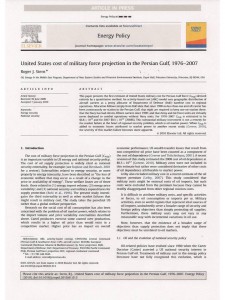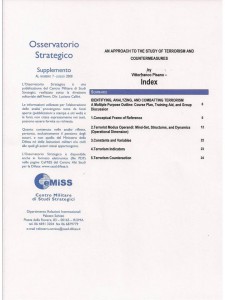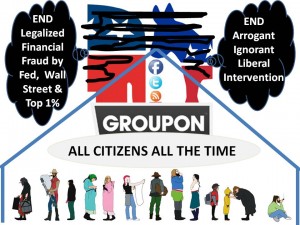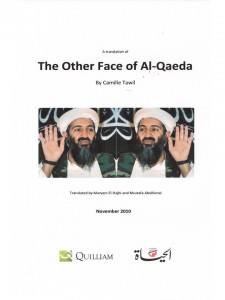
Michel Bauwens (born 21 March 1958) is a Belgian Peer-to-Peer theorist and an active writer, researcher and conference speaker on the subject of technology, culture and business innovation.
Bauwens is founder of the Foundation for Peer-to-Peer Alternatives and works in collaboration with a global group of researchers in the exploration of peer production, governance, and property.
With Frank Theys, Bauwens is the co-creator of a 3 hour documentary TechnoCalyps, an examination of the ‘metaphysics of technology'. He taught and, with Salvino Salvaggio, co-edited a two-volume French language anthologies on the Anthropology of Digital Society.
Bauwens is the author of a number of on-line essays, including the seminal thesis Peer to Peer and Human Evolution, and The Political Economy of Peer Production. He was also editor of the email Pluralities-Integration newsletter (until 2007, when it ceased production).

Personal Biography at P2P Foundation
P2P in a Nutshell [See especially The State of It All]





